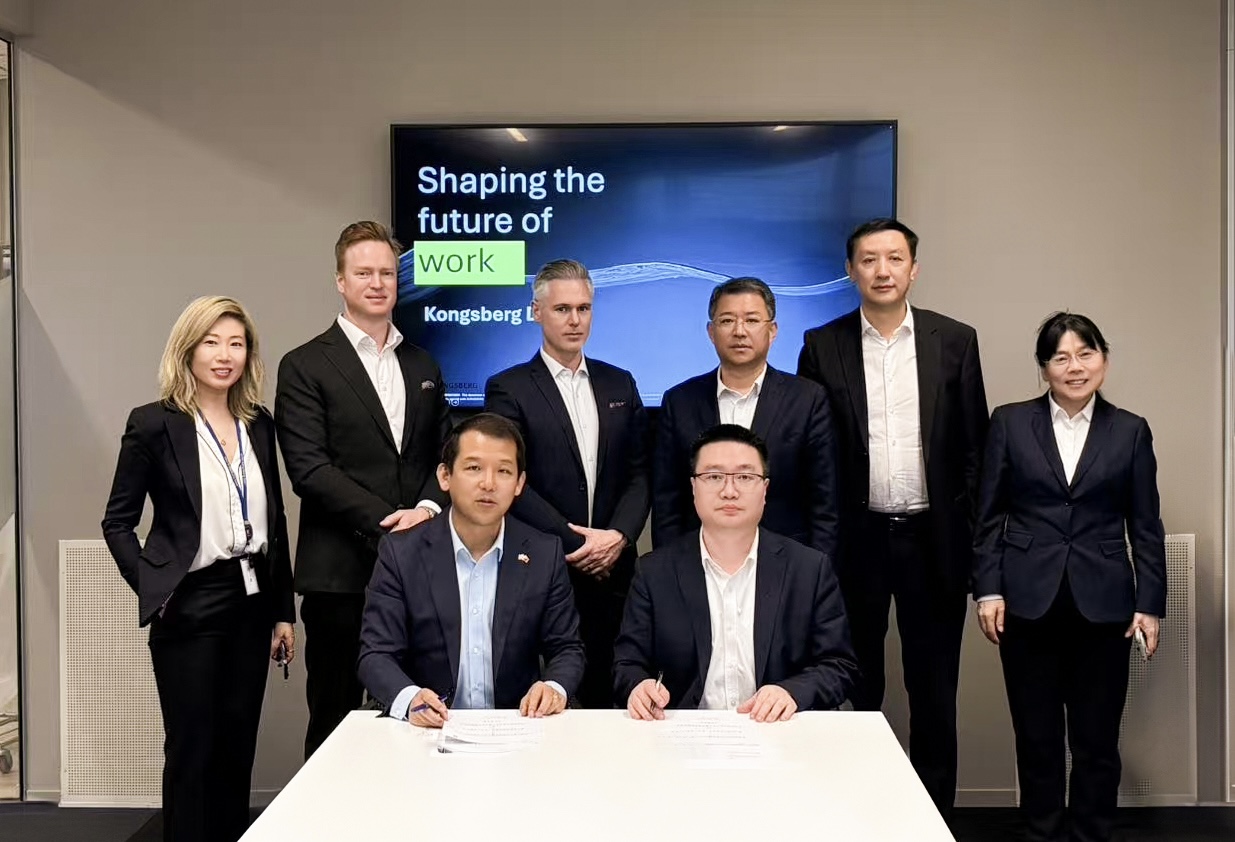Channel decades of hard-won domain expertise from the energy sector into tangible, immediate benefits across your well, drilling, and completion operations.
Talk to an expertUse SiteCom® – the Industrial Work Surface for well operations – to turn mountains of unoperational data into superior insights for decision-making.
Learn more
The consoles within SiteCom® Well Advisor enable you to leverage data from multiple platforms to better navigate the day-to-day realities of well construction. The result is more timely decisions, more efficient workflows, and reduced NPT.
Learn more
Rig Manager® is a unique integrated rig management software solution developed to meet the many challenges of managing offshore installations. It helps you improve drilling vessel management and make daily operations more efficient.
Learn more
The largest energy companies use the Industrial Work Surface to improve drilling efficiency and operational safety.
Learn more about how the Industrial Work Surface will help you optimise your quality assurance activities.
Talk to an expert
See how Kongsberg Digital’s deep domain expertise helps industrial organisations achieve more.
We look forward to attending the Energy Capital Assembly (WECA) in London in 2025. This unique meeting place for senior energy executives, investors, and financiers offers the chance to connect, network, and discuss new ideas. Meet us there!
Read more about last year's WECA event.


Stay up-to-date with the latest going on in your industry and at Kongsberg Digital.


April 30, 2025
Kongsberg Digital and Sinopec Shanghai Offshore Forge Strategic Partnership to Advance Intelligent Offshore Energy EcosystemKongsberg Digital and Sinopec Shanghai Offshore Forge Strategic Partnership to Advance Intelligent Offshore Energy Ecosystem

January 9, 2025
Relocating maritime operations to Kongsberg Maritime from Kongsberg DigitalRelocating maritime operations to Kongsberg Maritime from Kongsberg Digital

January 7, 2025
PSA Marine and KONGSBERG Partner to Elevate Maritime Harbour Pilot Training with Advanced Simulation TechnologyPSA Marine and KONGSBERG Partner to Elevate Maritime Harbour Pilot Training with Advanced Simulation Technology

January 6, 2025
Glitre Nett explores condition-based maintenance with Kognitwin GridGlitre Nett explores condition-based maintenance with Kognitwin Grid

December 16, 2024
Noble Corporate Selects Kongsberg Digital’s World-Class Simulator Technology for DP Training and Analysis to Enhance Operational Safety and PerformanceNoble Corporate Selects Kongsberg Digital’s World-Class Simulator Technology for DP Training and Analysis to Enhance Operational Safety and Performance